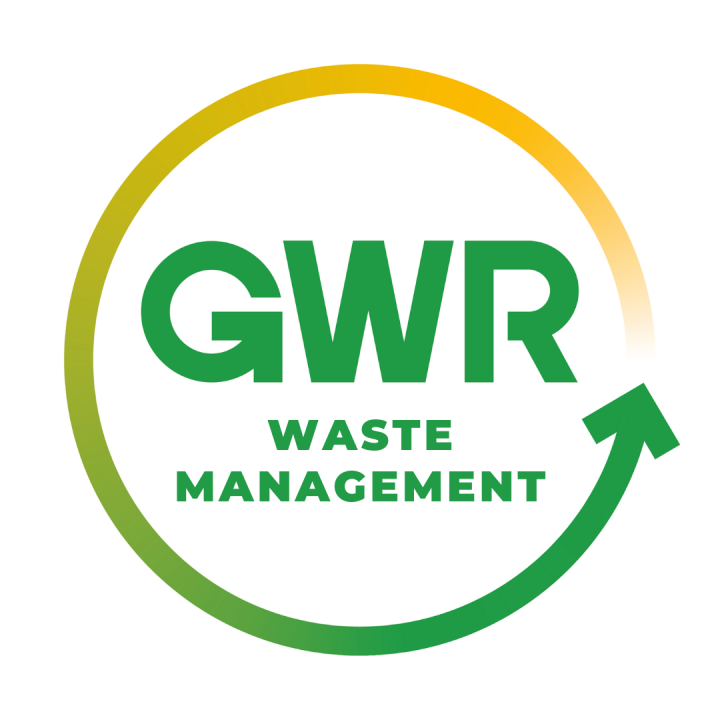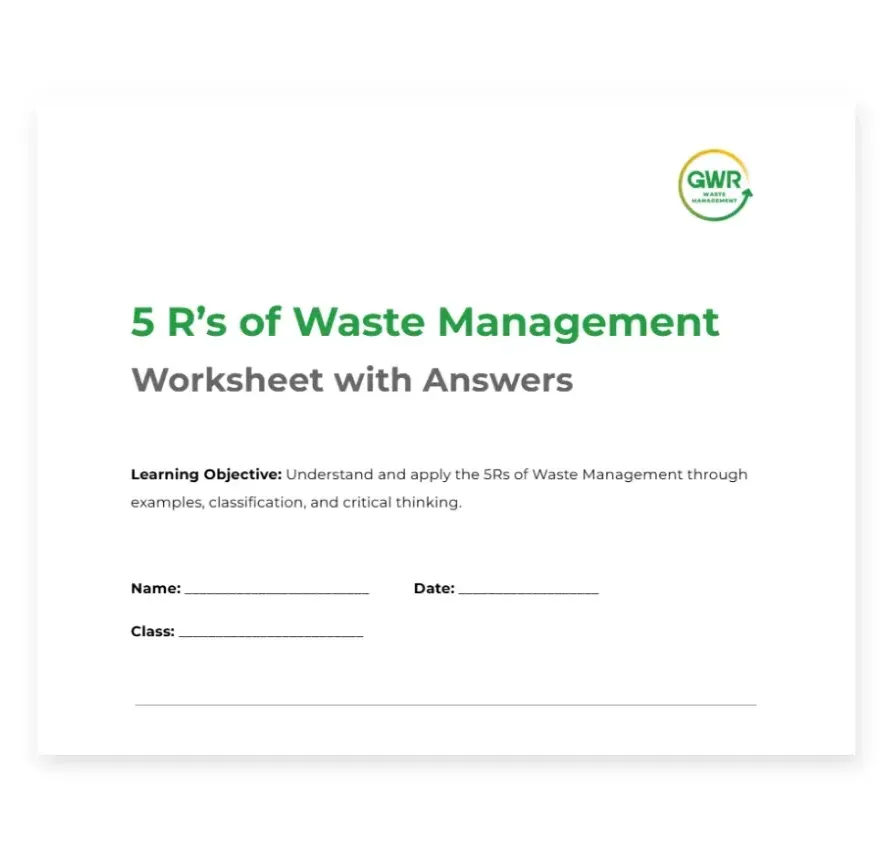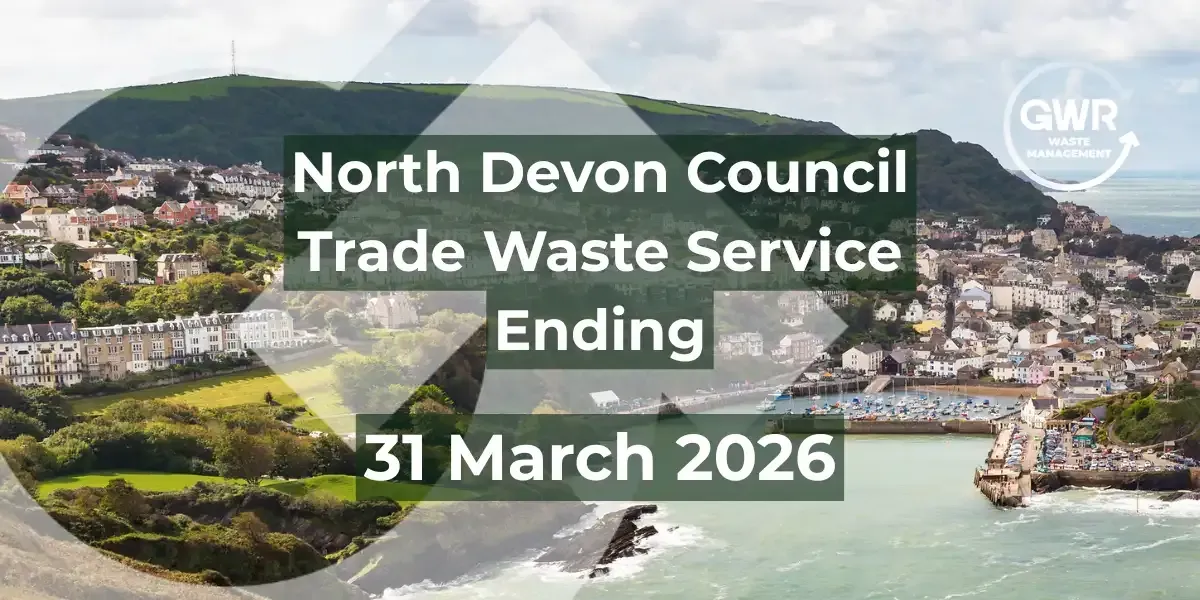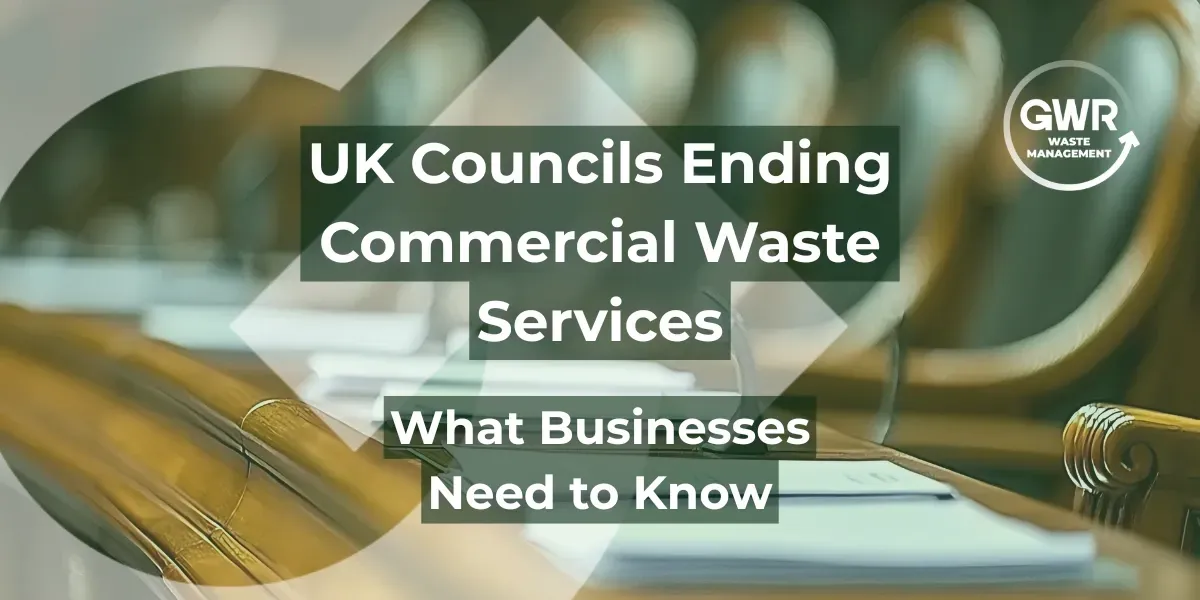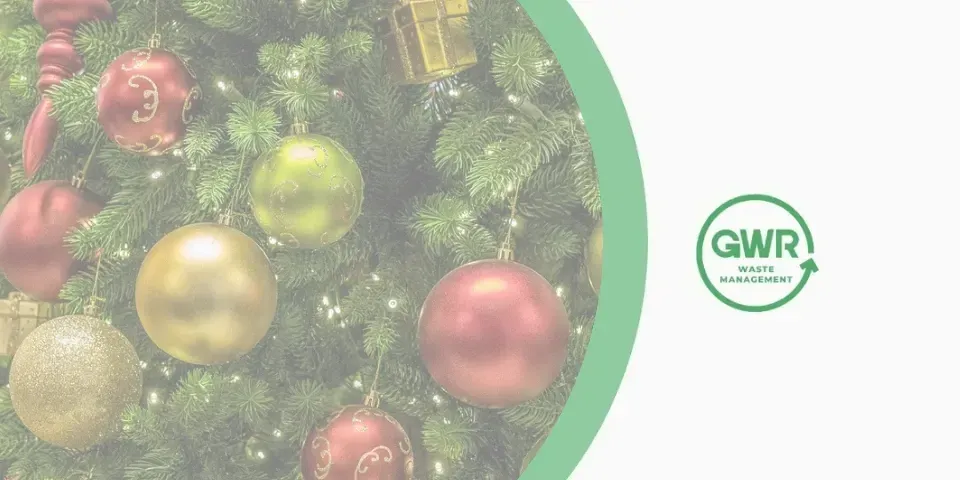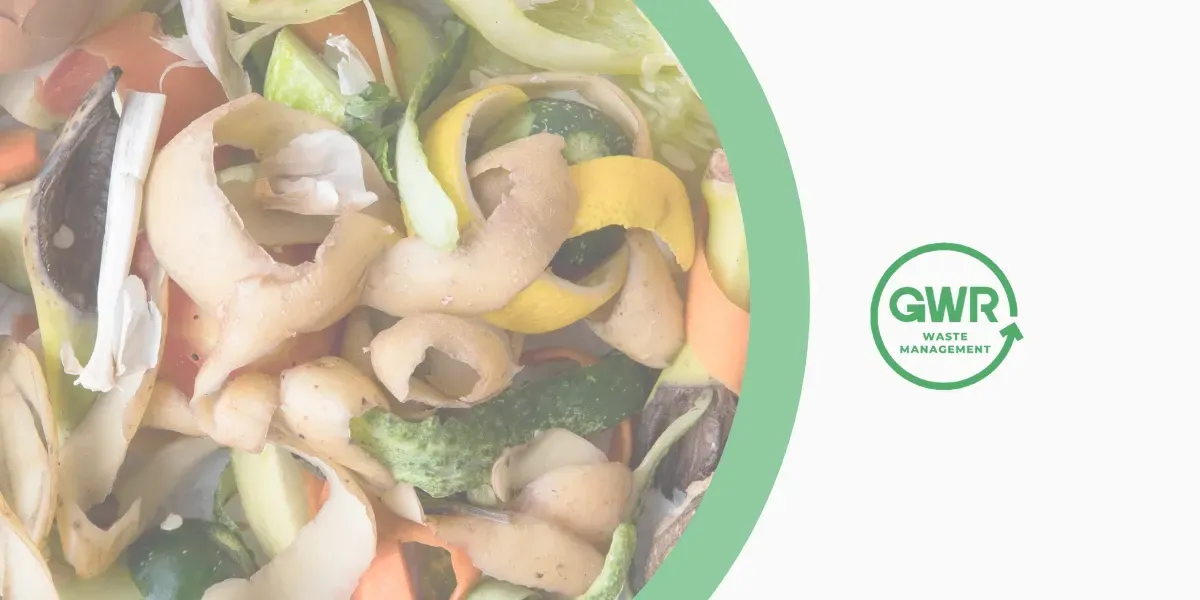Mastering the 5Rs of Waste Management: A Sustainable Guide to Reduce, Reuse, Recycle, Recover, and Refuse
Whether you’re managing a household, school, or business, understanding the 5Rs of waste management is one of the most practical steps you can take to cut down on waste, protect the environment, and contribute to a circular economy.
At GWR Waste Management, we believe that sustainability starts with the small decisions we make every day, from what we buy to how we dispose of it. This guide breaks down the 5Rs and shows how they can be applied meaningfully at home, in schools, and in workplaces across the UK.
What do the 5Rs of Waste Management stand for?
The 5Rs form a simple waste hierarchy that helps people and organisations reduce their environmental impact in a structured and intentional way.
They are:
- Refuse – Say no to waste before it starts.
- Reduce – Use fewer resources overall.
- Reuse – Extend the life of items and materials.
- Repurpose (or Recover) – Find a new use for something instead of throwing it away.
- Recycle – Properly sort and process materials for re-entry into the system.
Many organisations make the mistake of jumping straight to recycling. But to truly manage waste responsibly, the real power lies in prioritising the earlier R's first.
1. Refuse
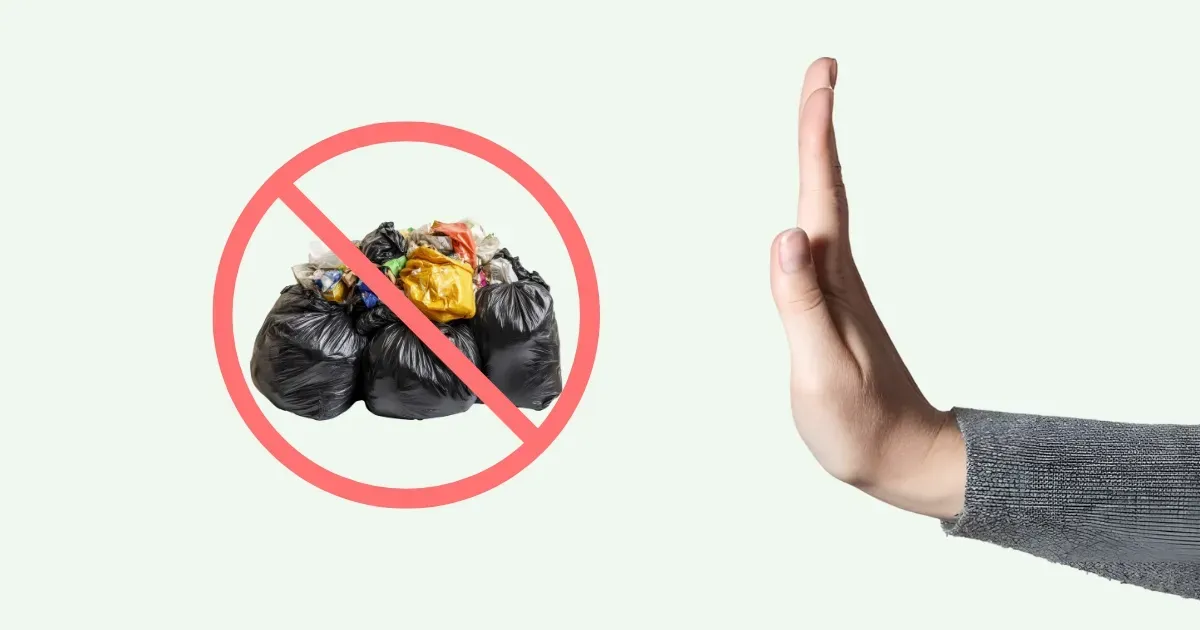
Refusing means making conscious choices to prevent waste from entering your space in the first place.
For workplaces, that might mean opting out of unnecessary packaging, avoiding single-use plastics, or refusing materials from suppliers that aren’t recyclable. In schools and homes, it might involve saying no to disposable items or freebies that have no long-term value.
By choosing to refuse waste, you reduce demand for non-sustainable materials, a simple but powerful act.
2. Reduce

Reducing is all about cutting down. This is particularly important for businesses that generate large volumes of waste, such as packaging, food waste, or office supplies.
Simple reductions might include:
- Switching to digital processes to save paper.
- Reviewing your procurement process to minimise unnecessary stock.
- Buying in bulk to reduce packaging waste.
- Less stuff = less waste.
3. Reuse
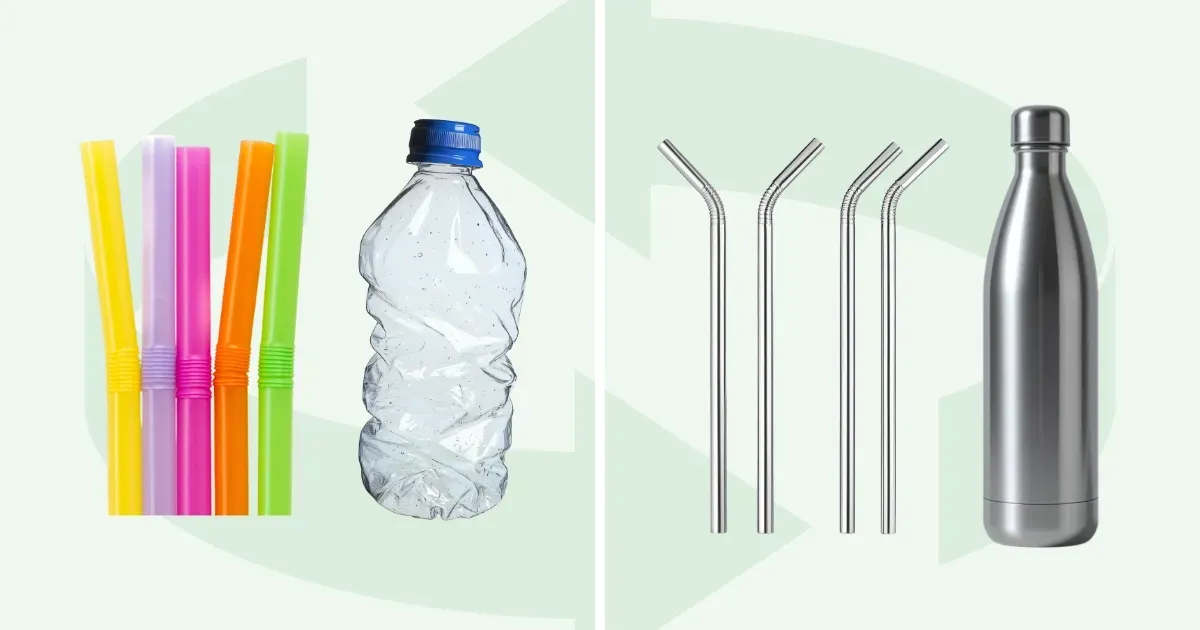
How many times can you use an item before discarding it? Encouraging reuse helps save money and resources.
A few examples:
- Replace single-use cutlery in the workplace with reusable alternatives.
- Encourage staff or students to bring refillable water bottles.
- Repurpose delivery boxes for storage or internal distribution.
- Even small reuse initiatives create big long-term wins.
4. Repurpose
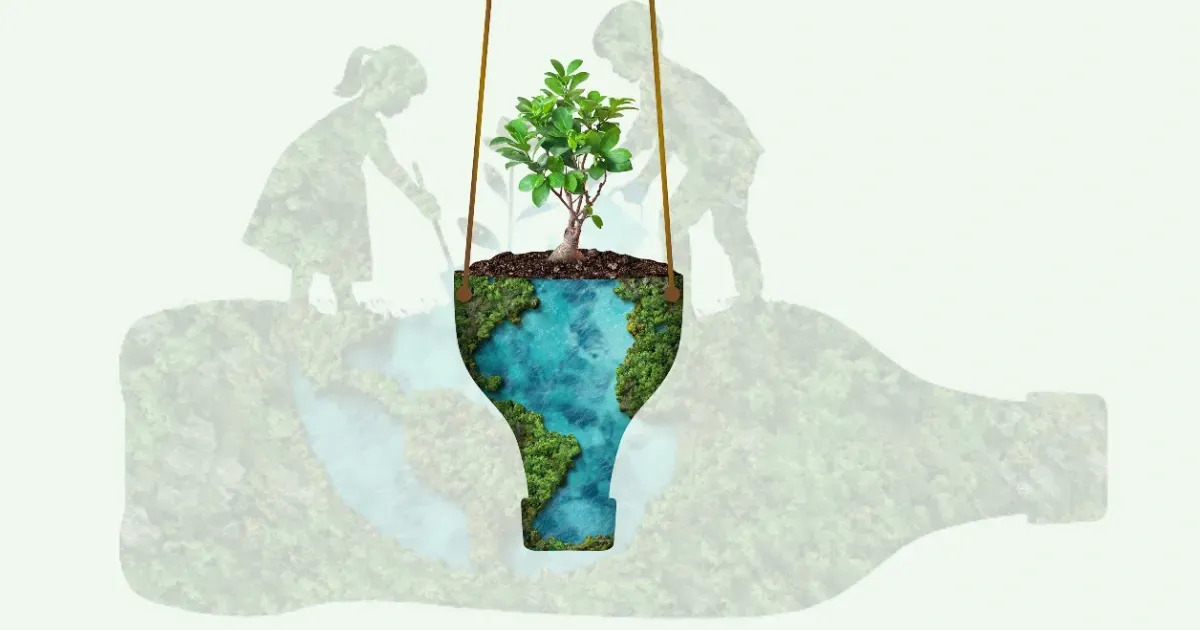
Often called upcycling, repurposing means finding a new use for something instead of throwing it away. It’s an approach that sparks creativity — and often saves costs.
For example:
- Use glass jars as storage containers or classroom art supplies.
- Turn old uniforms or textiles into rags or craft material.
- Create a “reuse station” in your workplace for items like folders, packaging, or electronics.
5. Recycle
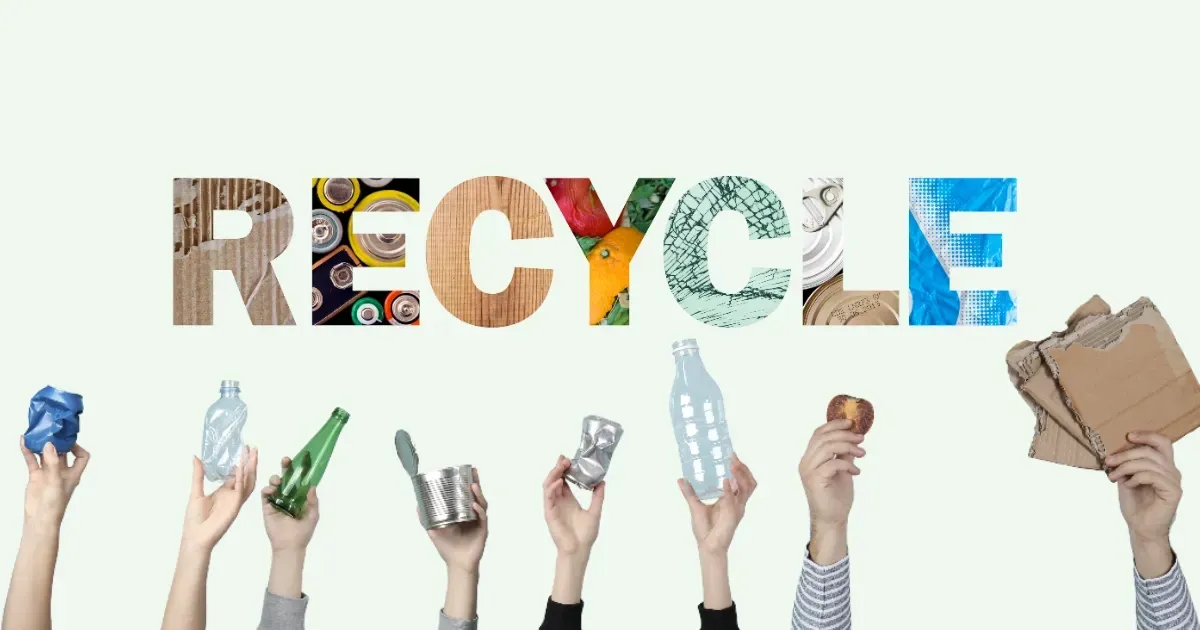
Finally, once all other options are exhausted, it’s time to recycle.
At this stage, waste that can’t be refused, reduced, reused, or repurposed should be carefully sorted and processed. For homes, that means having separate bins for glass, paper, plastics, and food waste. For businesses, this may include scheduled collections, waste audits, and proper handling of hazardous materials.
If you’re unsure where to start, our team at GWR Waste Management offers tailored commercial recycling services to help businesses meet their sustainability goals.
Why is using the 5Rs of Waste Management important?
Using the 5Rs provides a structured approach to waste that aligns with modern sustainability standards.
By applying these principles, we:
- Reduce landfill waste and pollution.
- Conserve natural resources.
- Lower carbon emissions.
- Set an example for others in our communities.
Want to reinforce this in your own environment? Download our free 5Rs of waste management worksheet with answers and 5Rs poster drawing for students and staff to make it easier to embed sustainable thinking in your school or workplace.
How do the 5Rs of Waste Management promote sustainability in the workplace?
By embedding the 5Rs into your business processes, you don’t just reduce waste — you build a culture of responsibility and long-term thinking. It also helps meet ESG targets, appeal to eco-conscious customers, and even reduce operational costs.
Workplaces that embrace the 5Rs often find:
- Lower disposal fees through waste reduction.
- Improved employee morale and engagement.
- Greater appeal to partners and stakeholders looking for sustainable supply chains.
Educational resources for students and workplaces
To support the application of the 5Rs, we’ve created some free downloadable tools:
A 5Rs of waste management worksheet with answers for students.
A 5Rs of waste management poster drawing that’s printable and ideal for schools, staff kitchens, and workshops.
These resources make sustainability easy to teach, share, and apply in any setting — and help build your organisation’s environmental credentials.
Want to take action right now?
Get a Free Waste Audit to assess your business’s current waste practices.
Browse Commercial Bin Sizes to match your waste to the right solution.
Learn about our Sustainability Initiatives, including our woodland restoration project.
Final Thoughts
What are the 5Rs of waste management? They are more than a checklist — they’re a mindset. A way to think differently about waste, consumption, and our role in the environment.
If you’re ready to implement the 5Rs in your home, school, or business, we’re here to help. Contact GWR Waste Management today and take the first step toward a cleaner, more sustainable future.
